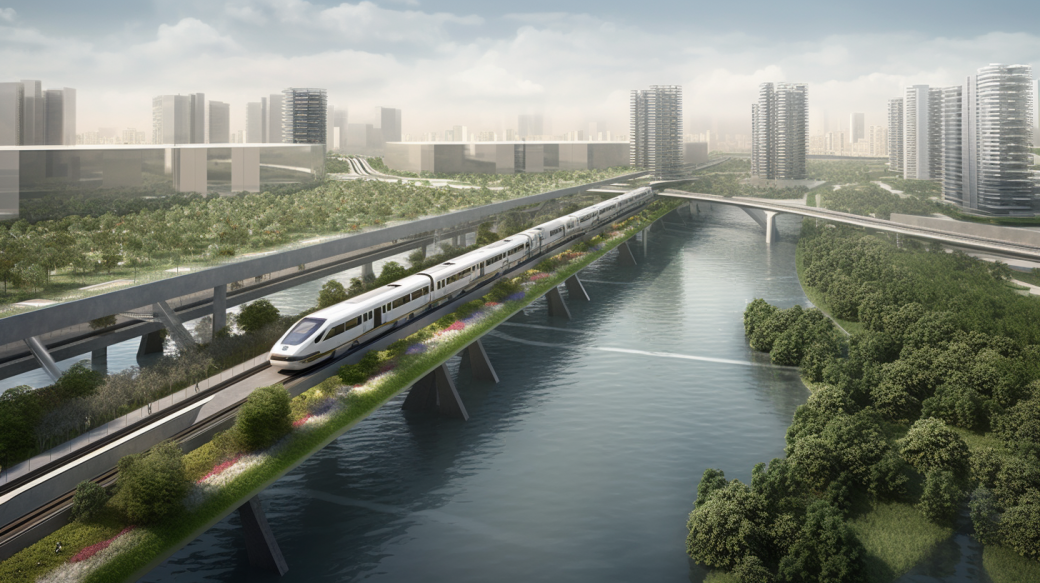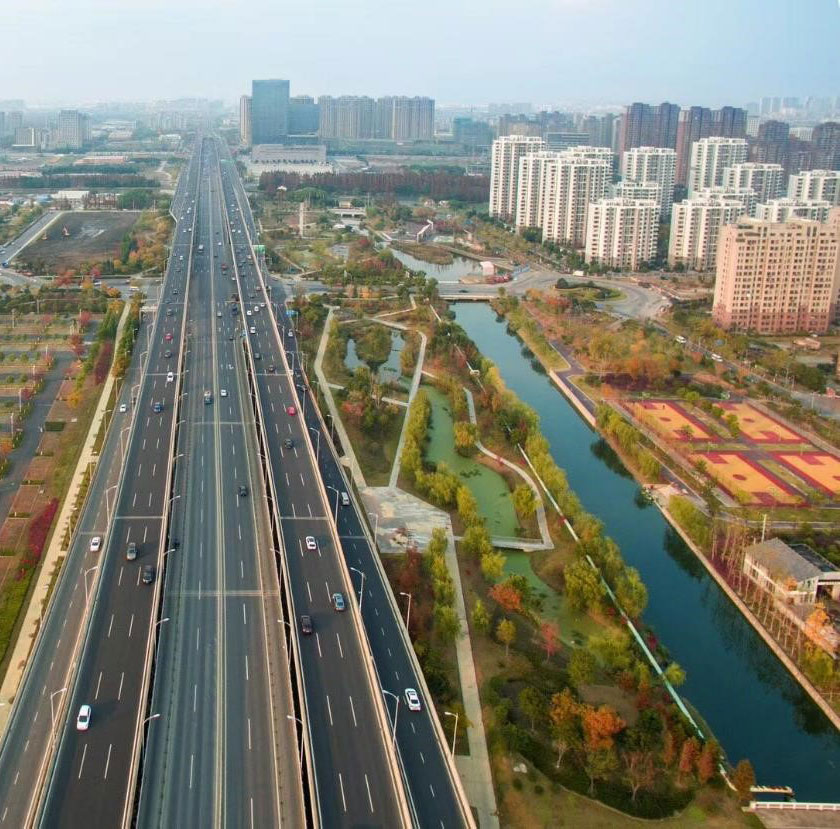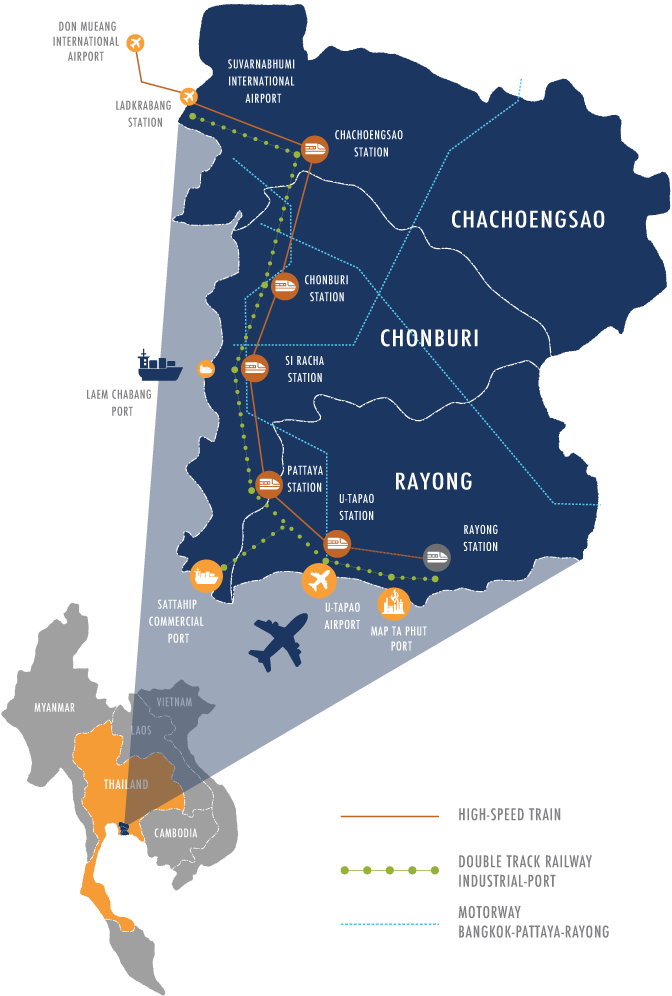Supporting integrated urban water management in Thailand’s Eastern Economic Corridor
We are working with the Eastern Economic Corridor Office (Thailand) to develop an integrated urban water strategy and build capacity to implement it.
The project is funded by the Australian Government Department of Foreign Affairs and Trade (DFAT).
Background
Thailand is experiencing the compounding impacts of rapid growth (economic and population) and climate change. Thailand’s economic and social growth since the 1960s has transformed it from a low-income country to an upper middle-income country. In 2016 the Thai Government introduced a 20-year National Strategy for Thailand to achieve high-income status by 2036. This strategy – termed ‘Thailand 4.0’ – sets out the Thai Government’s goal to create “… a secure nation, contented people, continued economic growth, an equal society and sustainable natural resources”.
The Eastern Economic Corridor (EEC) is a key element of achieving the Thai Government’s national growth strategy. Established in 2017, the EEC aims to revitalise 3 provinces on the eastern seaboard of the Gulf of Thailand: Rayong, Chonburi and Chachoengsao. For over 30 years, these provinces have experienced strong growth and investment, reflecting the EEC’s connection to other countries in the region. The area is recognised by global investors and is an important industrial base, with infrastructure to support development.
The Eastern Economic Corridor Office (EECO) promotes the special economic zone covering these 3 provinces.
Figure: Eastern Economic Corridor, Thailand 2
1 Eastern Economic Corridor Office, 2022, Eastern Economic Corridor fact sheet, EECO, Bangkok.
A potential constraint on achieving its objectives – and one the Thai Government recognises – is climate change. The country is highly vulnerable (ranked 62 out of 181 countries) to climate change impacts such as floods, droughts and sea level rise.2
2 World Bank and Asian Development Bank, 2021, Climate risk country profile – Thailand, World Bank, Bangkok
What we’re doing
This 9-month project builds on the Thai and Australian governments’ shared interest and history in supporting integrated urban water management, and Monash Sustainable Development Institute's experience, expertise and reputation as a world leader in water resources management and climate adaptation.
The collaboration has 3 objectives:
- Support EECO to develop an integrated urban water strategy for the EEC.
An integrated urban water management strategy combines large centralised water sources (e.g. desalination plants) with nature-based and decentralised solutions to create a green–grey grid. It also integrates urban water management with other city shaping investment and decisions.
Developing the strategy provides an opportunity to:
- support establishing water resource accounting and sharing that guides the efficient and fair use of scarce water resources
- inform infrastructure investment decisions that increase access to secure safe water supplies, sanitation and drainage services and promote integration with other city shaping infrastructure
- coordinate across different scales of action, linking large scale infrastructure investment with precinct and lot scale planning
- encourage fit-for-purpose urban water use that delivers the right quality and amount of water for the right purpose at the right time
- nurture an informed and empowered community that uses water wisely, contributes to water management and builds climate resilience.
While urban focused, the strategy will recognise that urban water security must be considered in the context of wider catchment water needs.
- Enhance capacity for strategy implementation.
Developing and implementing an integrated urban water strategy is a significant undertaking and is more than a technical challenge. Supporting this activity requires advice both on what is technically possible as well as capacity building so that applying what is technically possible is also locationally appropriate as well as being operationally, environmentally and financially sustainable.
- Develop linkages between the EECO and Australian experts and organisations/agencies as a basis for ongoing collaboration and exchange.
Putting in place enabling infrastructure, regulations policy and practices to support the development of 3 interconnected regions is a generational endeavour. The project provides an opportunity for Australia to provide short term value that could lead to long term partnerships.
How it will help
The project supports not only the development of the integrated urban water strategy, but also an enduring capacity to implement it.
Expected outcomes include the following:
- Draft and Final Integrated Urban Water Strategies are developed that support economic growth and guide a water sensitive transition.
- Foundations for implementation are in place – e.g. policies and technical guidance reflect water sensitive cities principles.
- Gender equality, disability and social inclusion (GEDSI) principles are embedded – e.g. in delivery, outputs and recommendations.
- A cohort of Collaboration Champions exists.
- Partnerships for achieving scaling are established – e.g. formal/informal networks are established and program success creates momentum for further collaboration.
- Opportunities for future collaboration are identified – e.g. exchanges, SME engagement and collaboration.
What does a Water Sensitive City look like?
The CRCWSC has produced research, guidelines and
tools related to the following topics:
Integrated Urban Flood
Management
Climate change
mitigation
Community
engagement
Economics and
business case





